
The Crux
How Leaders Become Strategists
Recommendation
Leaders who face big problems and major decisions are a lot like mountain climbers – handling an ongoing strategic process of addressing one issue and then the next, often while trying to move uphill.Professor Richard Rumelt describes how multiple leaders have achieved the seemingly impossible by attacking big problems and choices with well-planned strategies. He identifies the core of a problem as its crux: the hardest knot, the most daunting issue leaders must solve to determine their next steps. Rumelt’s guide to formulating and executing strategies for handling tough leadership challenges combines clear exposition and helpful examples, including his rundown on pitfalls to avoid.
Summary
About the Author
Richard Rumelt is the Harry and Elsa Kunin Emeritus Professor of Business & Society at the UCLA Anderson School of Management. He also wrote the international bestseller Good Strategy/Bad Strategy: The Difference and Why It Matters.


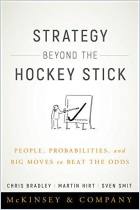
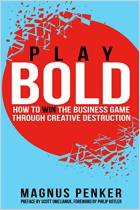
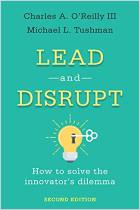
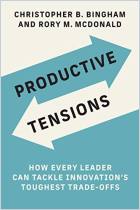
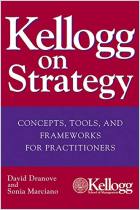
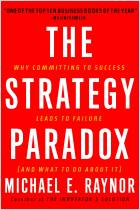




Comment on this summary